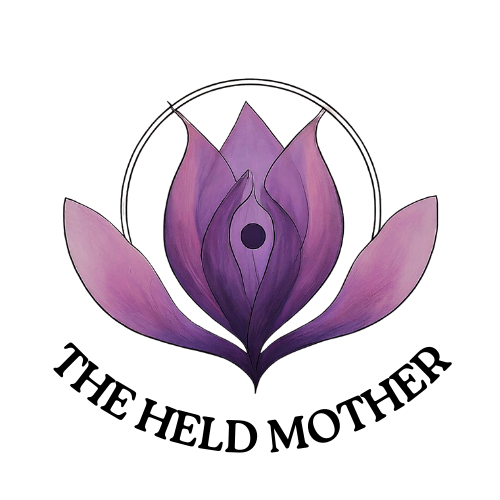What is matrescence?
Matrescence describes the psychological, emotional, and physical transformation a woman goes through as she becomes a mother. It's not just about the birth itself, but the entire journey of becoming a mom, encompassing the significant changes that happen.
The term "matrescence" comes from the Latin words "mater" (mother) and "-escence" (becoming), and was originally used in the '70s by medical anthropologist Dana Raphael. Aurélie Athan, PhD, a clinical psychologist and faculty member at Teachers College, Columbia University, is credited with reviving the term for the modern era.
Matrescence can begin during pregnancy, continue throughout childbirth, and extend well into the postpartum period. It’s an all-encompassing change across your life. You’ll see it show up everywhere:
Physical Changes: Your body and your brain go through immense changes during pregnancy and childbirth. (Recent studies tell us that during pregnancy, cells from the fetus cross the placenta and enter the mother's body, where they can become part of her tissues!)
Emotional Shifts: Becoming a mother can trigger a range of emotions, from joy and love to anxiety and overwhelm.
Psychological Adjustments: Your priorities, goals, and relationships will all shift and evolve. Your entire belief system might even be rocked.
Letting go of outdated beliefs, expectations and identities
Nothing will be the same after becoming a mother, and that mindset is important to remember. Once you understand that a seismic shift is indeed taking place, you can better orient yourself. You can start approaching the experience with curiosity and compassion instead of shame, guilt, and self-criticism.
“You can’t hold yourself to the same standards or have the same expectations and goals you had pre-baby. You’re going to have to learn how to integrate your new identity into your old identity. And that takes serious work, serious guts, and serious heart. ”
It’s also helpful to know that matrescence is a shared experience that all new moms experience. You’re not the only one who feels like up is down and down is up–this period of time has all new moms questioning everything they thought they knew. Understanding the universality of matrescence relieves the pressure and stigma from the changes you’re going through.
The matrescence/adolescence connection
Matrescence is similar to the phrase adolescence–another period of time in which our bodies and brains are undergoing significant shifts and changes.
Just think back to your own adolescence, and how awkward and uncomfortable you felt, wondering if you fit in, or if people liked you, or if you were the only one who felt that confused? You might have started hanging out with completely new friends, or started exploring new hobbies or interests.
One thing I noticed about my own matrescence journey is that it pulled up feelings, wants, needs and goals I had during adolescence. While I was becoming a newer version of myself, it’s almost like I rediscovered parts of myself I’d lost a long time ago, parts of myself that never fit into the generalized adult cycle of go to college, get a job, get married, work, have a baby.
I experienced profound creativity and bursts of inspiration after the birth of each kid, which reconnected me to those long-buried hobbies, like writing, or ways I wanted to show up in the world. It may be a silly example, but even my style evolved–I started wearing things I used to wear when I was younger, instead of dressing the way I thought an adult should dress. Basically: I began to care a LOT less about what other people thought, because I was now a mom and responsible for a whole other human being.
Matrescence was ultimately a liberating experience for me (after the hard parts, of course!)
For me, and for many women, matrescence is less of a completely new identity and more of an integration of former identities. In order to survive the newborn phase, you’re stripping parts of yourself and your life all the way back to the foundation, and when you’re ready to build again, you’ve got a chance to decide what you’ll be keeping and working to evolve, and what you’ll finally be letting go of altogether.
How long does matrescence last?
I had my first kid seven years ago and I still feel like I’m in a transformative state of being! I’m a mom now, and before her, I wasn’t. Becoming a mom changed my relationships, values, jobs–it’s what made me passionate about working to help other moms.
Medically, people say your hormones level off around six months after having a baby. Other circles say you’re technically postpartum for a year. And still other experts I respect say postpartum shifts can last up to seven years. Motherhood, and matrescence, is a journey. There is no one path, but many. And while going on the journey is universal, how it affects each of us, and how long the journey takes, is very specific to the individual. So release yourself from timelines and self-judgment and remember this: No matter how long it takes, you will find yourself again. You may look different and feel different.
But another version of you is just around the corner.

